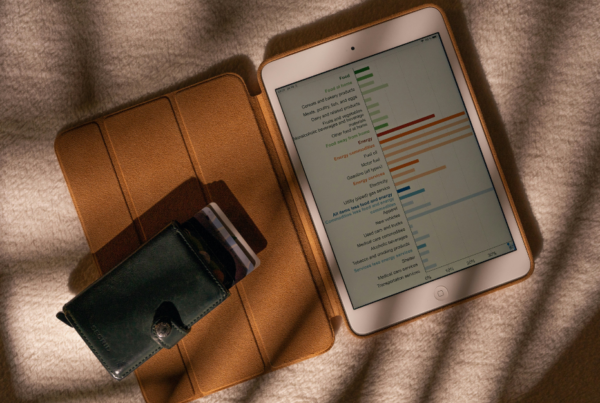Whether simply conducting business online (exposing you to cyber threats), working with dangerous materials or in a building open to the public, your business will carry risk.
This checklist of questions is designed to help small business owners identify the insurance policies they may need — with some tips about how to approach getting them.
Some insurers offer bundled packages that include the types of cover commonly required by SMEs. These may have the flexibility to add or subtract policies to customise the package to your business needs.
Use the following checklist to help determine the insurance cover and protections your small business needs.
What are my key business activities, and what risks are involved?
For insurance purposes it’s vital that you and your insurer understand what these are, so full and complete disclosure is important. Otherwise if something goes wrong and it isn’t covered by your business insurance, you may be left to pay for damages yourself.
What legal and regulatory obligations apply to my business?
Some industries and professions require you to hold specific insurance cover before you can operate your business or enter into legal contracts. Be sure to check regulatory requirements for your business and location(s).
In some states and territories workers compensation insurance must be purchased from a mandated insurance provider, in others you may be free to choose the insurer.
Does my business have a public liability exposure?
For some business activities this type of insurance is compulsory, but for other businesses the risks might not be so obvious.
Basically, if members of the public have access to your premises or work being conducted then they may injure themselves or their property could be damaged. Public liability insurance is designed to cover legal costs if the injured person or owner of the damaged property brings a case against your business.
Having this type of cover can save you hundreds of thousands of dollars!
Does my business have a professional indemnity exposure?
Any business that provides a professional service to clients can run the risk of the customer being dissatisfied. The client may bring a legal action for damages and if that happens it pays to consider holding professional indemnity insurance to cover your costs.
Do I use vehicles for business purposes?
If you use your own car for business activities or have a fleet of any size you should consider commercial vehicle insurance, which can provide broader cover than standard personal vehicle insurance.
What are all of my business assets?
Everything you use in your business activities can be considered an asset, from plant and equipment, electronics and office furnishings to outbuildings and tools of the trade, and can be protected by property insurance.
In all cases it is recommended that you insure for the replacement value, not the purchase price.
Do I need to protect the business’s revenue if I have to suspend business operations?
Often business owners have no control over enforced closures. While some may have enough cash to continue covering expenses such as rent, electricity and wages for a limited period of time, small businesses typically can’t lose turnover for long.
Business interruption insurance covers your business costs and helps compensate for lost revenue for the specified term of liability. Not underestimating this period is critical to riding out the disruption to reopen your doors.
If your business uses the internet, you’re at risk of a cyber attack
If your business is responsible for any form of client data you will be liable if cyber attackers steal it. Small businesses are just as likely to be targeted as large organisations but don’t have the turnover to recover afterwards.
Cyber insurance can help you navigate data theft, ransomware attacks, loss of funds through online scams and a variety of cyber issues.
Do I need an insurance broker to find business cover for me?
There are many advantages to using an insurance broker. This is especially true if you have multiple business risks, face complexity or need a better understanding.
Resources: a broker has access to a greater choice of insurers than you can find through direct insurance options.
Terms: an insurance broker may be able to negotiate for more advantageous terms or scope of cover.
Comprehensive coverage: a broker can help identify risks in your operations that you have overlooked and can proactively advise on insurance protections.
Business understanding and industry knowledge: a broker works to understand your business and the most appropriate insurance for your business.
Source: MYOB April 2025
Reproduced with the permission of MYOB. This article by MYOB Team was originally published at https://www.myob.com/au/blog/the-small-business-insurance-checklist/
Important:
This provides general information and hasn’t taken your circumstances into account. It’s important to consider your particular circumstances before deciding what’s right for you. Although the information is from sources considered reliable, we do not guarantee that it is accurate or complete. You should not rely upon it and should seek qualified advice before making any investment decision. Except where liability under any statute cannot be excluded, we do not accept any liability (whether under contract, tort or otherwise) for any resulting loss or damage of the reader or any other person.
Any information provided by the author detailed above is separate and external to our business and our Licensee. Neither our business nor our Licensee takes any responsibility for any action or any service provided by the author. Any links have been provided with permission for information purposes only and will take you to external websites, which are not connected to our company in any way. Note: Our company does not endorse and is not responsible for the accuracy of the contents/information contained within the linked site(s) accessible from this page.




